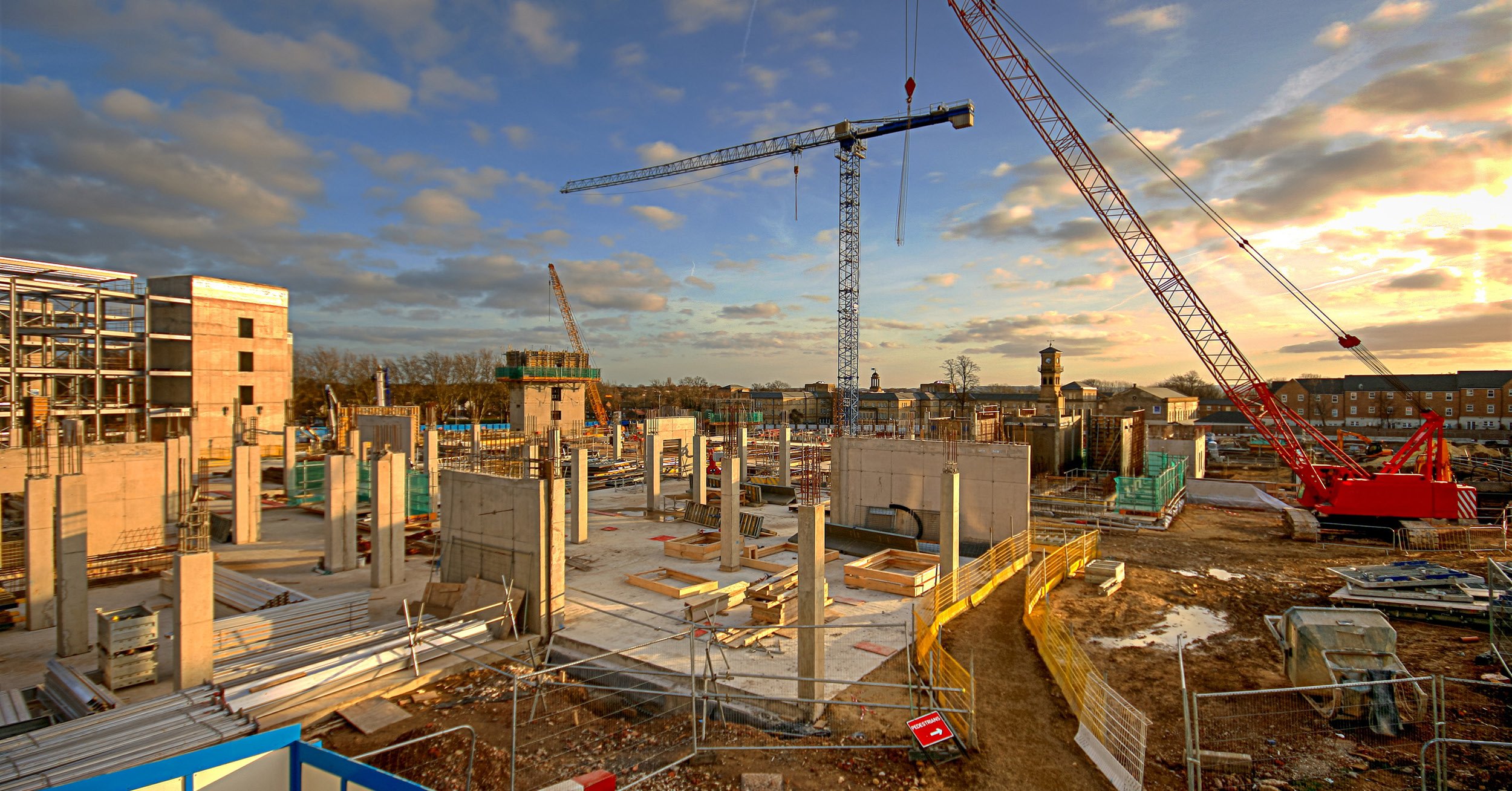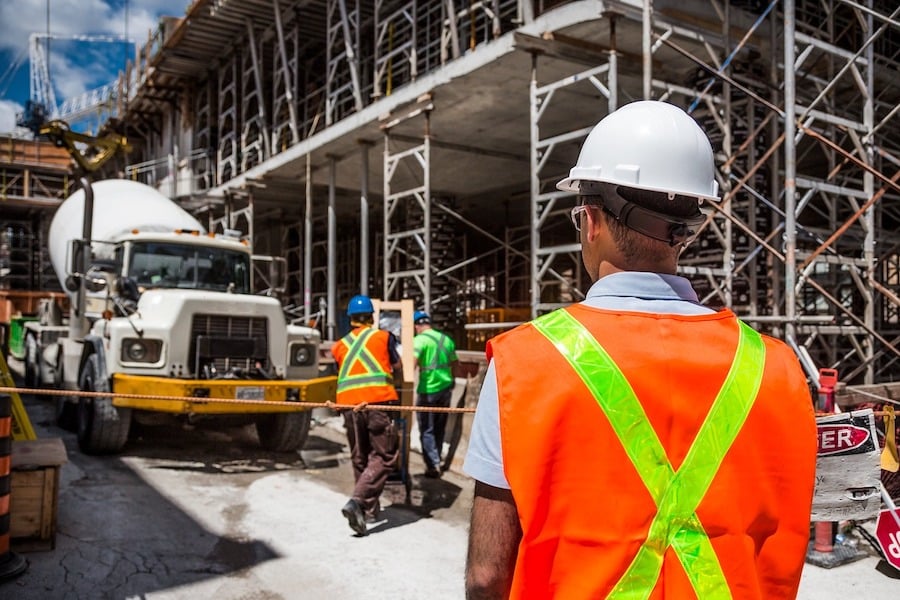Three Core Strategies for Winning Construction Bids
December 11th, 2019
3 min. read

As construction projects become more complex, construction company owners and crews need to adapt to meet new requirements. Constructing architectural designs that seem to defy gravity, incorporating hidden technology and working with upcycled building materials are just a few of the many challenges construction companies face today.
The evolving industry can make construction bids more complicated. Include rising material costs and concerns about available labor, and it gets tough to present proposals that are both competitive and profitable. The good news is there are strategies you can use to win more bids that are good for both your business and project owners.
1. Leverage Connections
Your connections could make a major difference in whether your bid proposal is a top consideration. A conversation with a project owner can provide insights about the scope of the project. You’ll often discover nuances of a project or underlying motivations that might not be spelled out in a request for proposal (RFP). This can help you more accurately forecast underlying opportunities and stand out among the competition.
Also consider that your subcontractors often work with multiple project owners and general contractors. They may be able to help you get a feel for the project scope or provide insights into what a project owner considers most valuable.
If you’ve submitted several bids to the same project owner without results, it might be time to meet for lunch and have a candid conversation about what qualities the owner is looking for in a contractor. It could also give you the opportunity to address any hesitancy about working with your company, and you may discover minor things you can tweak to win the job next time. If the lines of communication aren’t open, you’ll never know.
2. Assess the Scope of the Project
You’ll also need to familiarize yourself with any local regulations or zoning requirements and build in time to get up to speed. If you’re trying to break into new markets, the extra time and effort could be worth it, but if it’s just a one-off job, you may want to pursue other opportunities.
There can also be specs that will require you to expand your supply chain to work with vendors that offer specific materials or products. This is especially true with new green building projects. Fostering those vendor relationships, learning about special materials handling and obtaining pricing can take time.
In the end, you need to determine your comfort level with the project and submit a bid that aligns with your capabilities and knowledge. While you want to be competitive, the bidding process should never be a guessing game. It’s more important to submit bids that you’re confident you can successfully complete without cost overruns.
Studying the scope of a project and seeking clarification about an RFP with a project owner can help ensure you fully understand what needs to be done.
3. Determine Your Timeline and Backlog
Construction starts have remained fairly steady, but every contractor has experienced the impact of cyclical demand at one time or another. How aggressive you are in your bid proposal depends a lot on your existing backlog in contrast with how much you need the work.
If you need to delay or bump a job, you’ll want to make sure it’s in exchange for a more financially rewarding one and that it doesn’t negatively affect other business relationships. The importance or prominence of a job or owner, however, can play a role in how aggressive your bid is. If there’s a potential for significant opportunities down the road, it may make sense to put more time and effort into the bid so you increase your chances for consideration in the future.
Winning more bids at the expense of straining your workforce beyond its capacity, or biting off more than you can chew, will inevitably result in financial strain. A successful bid process goes back to creating relationships. The more you can open conversations and create opportunities to differentiate your crew, the better your odds will be of winning the business.
Once you’ve landed the job, be diligent about reviewing the contract to ensure you’re fairly represented, especially when working with a new project owner. Our helpful construction contract compliance guide identifies key stipulations found in many contracts that you will want to be sure to review.
Bill Julius, Executive Vice President of Sales
As executive vice president of sales, Bill manages high level executive relationships with our clients, carrier and vendor partners. With more than 16 years of experience in the insurance industry, Bill has a comprehensive understanding of risk management and insurance solutions. With a focus on the construction, manufacturing and distribution industries, Bill is able to bring category-specific insights to clients that address their unique needs. In his role, Bill mentors and develops McClone’s sales team, and at the same time, acts as a trusted advisor to clients with a goal of using smart risk management strategies to keep companies and their employees safe and healthy. Bill has a degree in finance and accounting from Carroll University. Living in Madison, Bill and his family try to take advantage of the culture, food and sports the city has to offer. An avid hockey fan, Bill spent several years announcing his sons’ high school games.
Topics:











